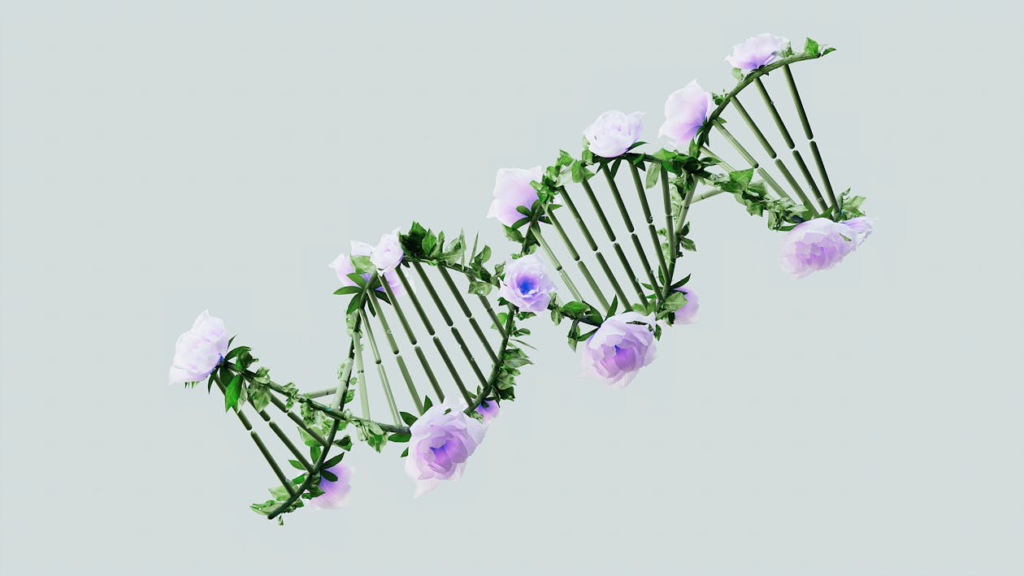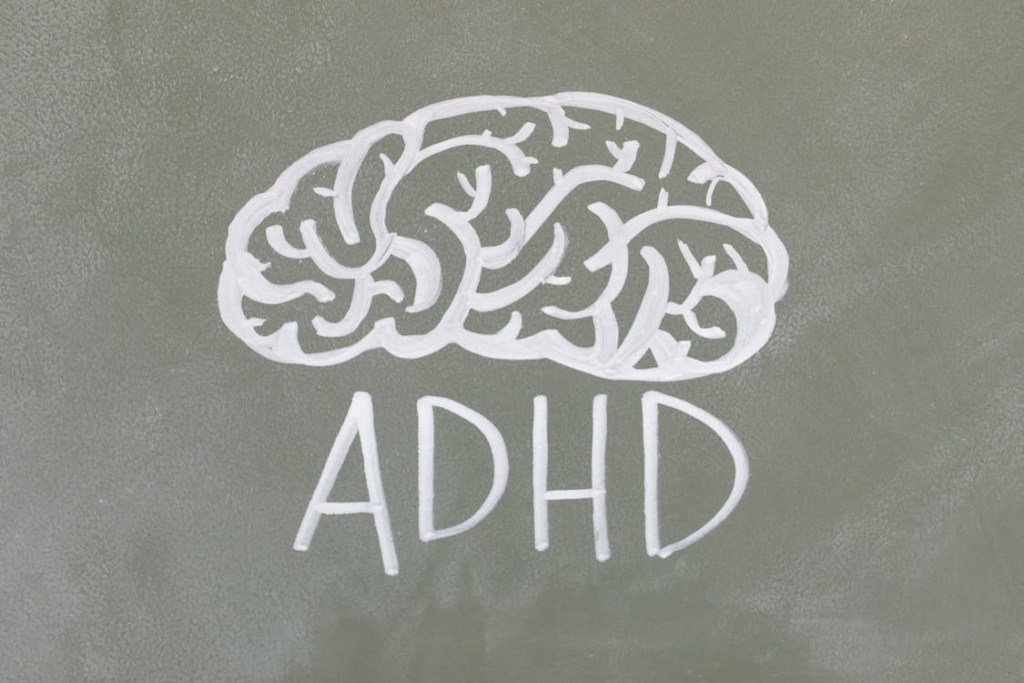Moms – we’ve all been there. “They have your eyes” or “Oh wow, they look just like you” are common statements made by strangers when they meet your children for the first time. Have you ever wondered though just how much your children inherit from you specifically?
Beneath these visible characteristics lay a host of inherited traits that not only affect your children’s appearance but also their health, behavior, and emotional responses. We’re going to delve into some rather surprising traits that science has confirmed pass down exclusively or at least predominantly from mothers to their children.
1. Mitochondrial DNA and Mitochondrial Diseases

The most well-known trait that is solely passed down from mothers is a child’s mitochondrial DNA. Nuclear DNA is passed down from both parents, but mitochondrial DNA is exclusively passed through their maternal line. This DNA plays a rather crucial role in cellular-level energy production. Mitochondrial diseases can manifest at any age and can affect multiple organs.
Some common symptoms include muscle weakness, neurological deficits, vision and hearing loss, and metabolic abnormalities like lactic acidosis. Diagnosis is typically conducted by using a combination of genetic testing, clinical evaluations, and biochemical testing. There is to date no cure for mitochondrial diseases and treatments are focused on managing the symptoms and preventing certain complications from arising.
2. Inherited Eye Conditions

Many eye conditions are passed down from mothers to children. One such example is pathological myopia (a severe form of nearsightedness). The impact of pathological myopia could be quite severe as structural changes to the eyes occur, potentially leading to vision loss. Not exclusive to mothers, but commonly occurring through maternal genetic influence, these traits are strongly linked to us moms.
3. Cognitive Abilities and Intelligence

One often hears the term that intelligence runs in the family. However, more often than not, this trait stems from the mother too. The explanation is quite simple – intelligence-related genes stem from the X chromosome and women possess two of these while men possess only one. So you essentially inherit your way of thinking from your mother.
4. Sleep Patterns

Genetics plays a major role in our general sleeping patterns. Many times passed down by mothers – especially insomnia. Studies estimate that 31-58% of insomnia sufferers have inherited the trait, again displaying the influence our genetics play in our daily lives. This further expands to other aspects of sleep such as how many hours of rest we require daily to function and whether we’re more of a morning person or a night owl.
5. Aging

You know how the saying goes – “I got it from my mama…” It turns out, this is sometimes true. Aging is influenced by maternal inheritance. Mitochondrial DNA mutations are passed by mothers and can lead to reduced cellular energy production and increased oxidative stress. These factors affect the aging process.
On top of that, maternal effect genes are responsible for early development of cells and their function which of course affect aging too. An advanced maternal age can alter these genes which could potentially affect their offspring’s reproductive health and the natural aging process.
Read More: 19 Look-Alike Relatives That Are Like 2 Peas in a Pod
6. Ability to Lose or Gain Weight

Your metabolism affects how your body converts food into energy, additionally how it manages waste. This is heavily influenced by genetics and inherited metabolic disorders which are caused by genetic mutations that can interfere with this process. This is heavily linked to maternal inheritance and impacts how one’s body processes carbohydrates, proteins, and fats which influence the ability to gain or lose weight.
7. Attention Deficit Hyperactivity Disorder (ADHD)

ADHD can be inherited from either parent, but studies suggest that maternal genetics play a significant role. Genetics mustn’t be solely held responsible though. There are many external factors such as environmental exposure which can also influence the potential of this disorder.
Exposure to toxins such as tobacco smoke, alcohol, or other substances and even high levels of stress during the mother’s pregnancy play a part in a child’s development. After birth, diet, sleeping patterns and even the style of parenting can influence a child’s early brain development, manifesting the condition.
8. You Can Inherit Mood Disorders

Depression and bipolar disorder are often inherited. Studies have estimated that around 40-50% of cases of depression are inherited whereas bipolar climbed to an astounding 60-80% heritability. Maternal genetics play a major role here, but external factors can predispose individuals too by exposure to trauma and stressors throughout life which help shape the risks of developing these mood disorders.
9. Risk of Autoimmune Diseases

Autoimmune diseases are classed as any disease where the body mistakenly attacks its own tissue via the immune system. Lupus, multiple sclerosis, and rheumatoid arthritis have stronger ties to a mother’s genetics, influenced by the attached mitochondrial DNA, affecting immune regulation.
10. Gut Microbiome Composition

A mother’s microbiome is the first community of bacteria a baby is exposed to during childbirth. This influences the community of bacteria in their digestive systems. This microbiome is critical for correct digestion, a properly functioning immune system, and even how one’s mood is affected. Environmental factors can of course sway the microbiome over time, but it all starts with that first time you inherit this maternal contribution which could set the stage for long-term gut health.
In Conclusion – There’s a Lot to Inherit

The traits from mitochondrial DNA to gut health which are mostly inherited from mothers are obvious. They influence almost every aspect of one’s life. Be it physical health to your emotional well-being, it’s important to understand these genetic connections.
Read More: Why do some women give birth to more boys or more girls?

